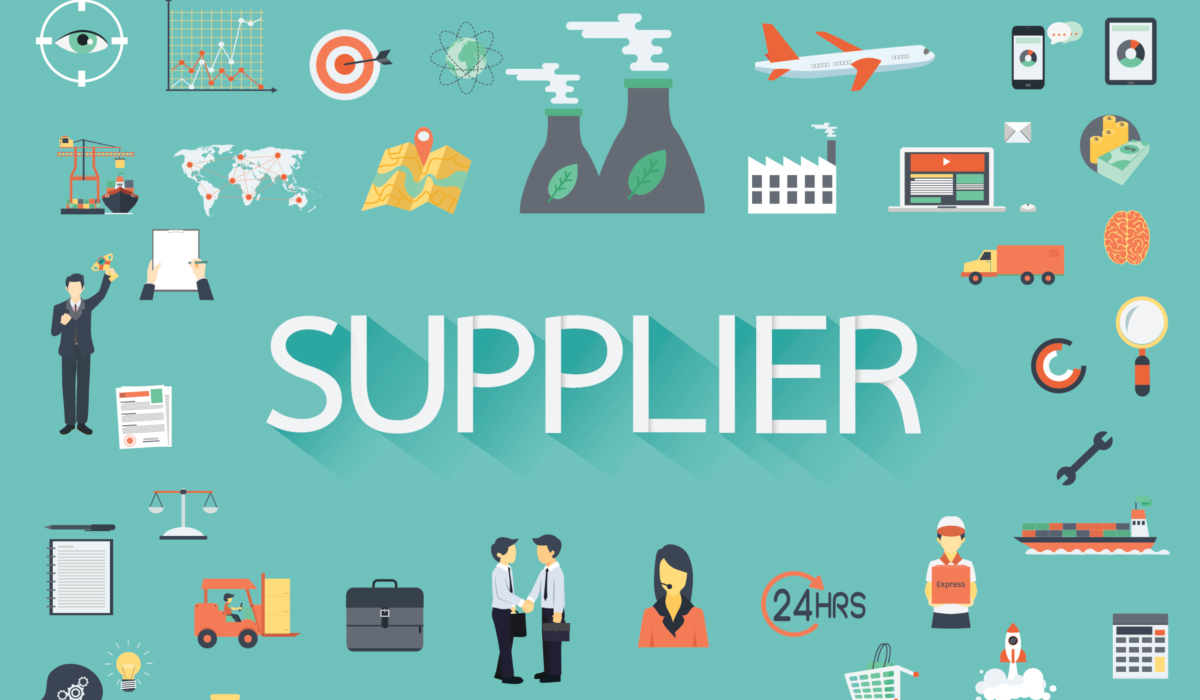Companies rely on a variety of businesses to run a successful venture. Whether it's a vendor for office supplies, a supplier of raw materials for your factory or any other business need, here are some tips to select the best partners that will help take your business to the next level.
Don’t forget the importance of networking
In this globalised economy, there are countless suppliers who could provide what your business needs, no matter where in the world they might be. If you want to always stay ahead of the competition, there's nothing more valuable than the power of choice in a business decision.
While it is great to have a reliable vendor to work with, it’s not uncommon for suppliers to increase prices once the business relationship becomes stable. Having options means you'll have something to compare, allowing you to negotiate on factors such as price or speed of delivery.
Knowing how to score in the networking game lets you remain competitive despite price increases, and ensures you get the best value on goods and services for your business. Visit trade shows, be active on social platforms such as LinkedIn and learn early how to engage with potential suppliers. Also use a good contact management solution such as Sansan to store these contacts when you receive their business cards so that you can reach out to them anytime, anywhere.
Build business relationships that you can rely on
Once you have some suppliers in mind, it's time to weigh the pros and cons of each one. This is easier said than done because you can't just pick whoever is cheapest – they may not necessarily provide the best service.
You should instead select those suppliers with whom you can build a strong business relationship. Whether you need to operate on a credit system or are facing cash flow issues and need to delay payments, a strong business partnership will allow you flexibility with business partners.
Consider tax and import costs
It’s also important to know how your supplier’s services relate to existing tax laws. Depending on this, the true final cost of doing business with them might change. For instance, working with an overseas supplier to import goods adds a layer of complexity to your business.
In such a situation, it is important to consider whether you want to continue with that vendor or if it would be easier for you to find a local supplier who can consistently ensure delivery. If you decide to stay on with your overseas supplier, you need to budget in import duties and other costs.
There's no secret formula to finding a good supplier, but it always helps to do your due diligence and think about what your business needs most. Take into consideration these factors to give you and your business the best chance at success.



